A Safe Haven
waking up in silence
While holding onto their innocence, Ukrainian child refugees become aware of the war in this German-Ukrainian documentary that masterfully depicts the impact of life in exile.
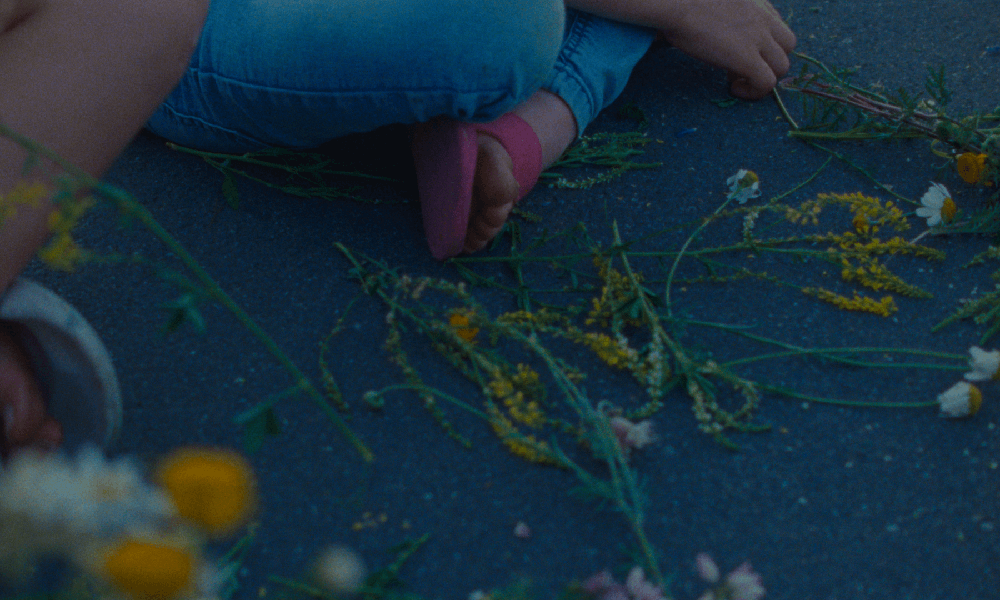
Upon entering the programme block titled “Sour Maturity”, one of six European Competition blocks at last year’s Vilnius Short Film festival, I glance across the river from the screening venue. On the skyscraper that hosts the city council, a sign boldly reads “Putin, the Hague is waiting for you.” I stare at it for a moment before rushing inside. At a time of heightened political tensions and national security concerns, I find it impossible to sidestep the subject of Eastern Europe. Besides, Vilnius’ demographic landscape, which has been reshaped with an influx of refugees from Ukraine and beyond, makes the political part of the everyday here. My hometown evidently strives for the Eastern European utopia—to be a safe haven.
And so, the festival’s programme audaciously mirrors this yearning, on the one hand by (commendably) presenting a well-rounded, politically charged selection of shorts, and on the other, by (understandably) teetering on the edge of desperation and, more significantly, political fervour. I selfishly hope that films in this strand will be more politically ambiguous than others. I want to forget. As a Lithuanian film critic, who lives in the West, I do sometimes forget. But waking up in silence, a Ukrainian documentary short, directed, produced, and edited by Mila Zhluktenko and Daniel Asadi Faezi, delivers a coup de grâce that disarms me. As the film opens with shots of grey, numbered monolith buildings and the residents yell out in Ukrainian, it almost seems like the film is set in the former Eastern bloc.
However, waking up in silence,unfolds its narrative within the German backdrop, capturing the lives of Ukrainian refugees within building 211, one of the former Wehrmacht military barracks. It does not take long for one to notice that it is mostly children who appear on screen: a boy is fixing his bike, and the girls recite newly learned words in German. On the side of the road, a couple of kids use chalk to write down: “Putin, stop killing people.” Subsequent shots unveil more curbs, all with the same message. Kids are playing next to these inscriptions, and I instantly think of the sign outside the screening venue. But before I am able to grasp this correlation, the film, brilliant in its bluntness, continues to strike.
We see an older sister and a younger brother video-calling their father, who is back in Ukraine. They discuss the curfew, the basements, the people that stayed in the country ravaged by war, the rockets that flew so close. “But other than that, it’s all good,” father wraps up his update. Further layers emerge as the film’s heroes explore illustrations on the barracks walls; images of the United States flag and German tanks take on a new meaning when the directors skillfully juxtapose them with kids’ speculations about their origin.
The film suddenly appears as an inevitable collaboration between this renowned Ukrainian and German director duo: a meeting point, seamlessly intertwining the political contexts of their respective nations. In their earlier documentaries, both filmmakers also predominantly focused on themes of displacement. For instance, in Slowly Forgetting Your Faces (2021), the German director delved into his family’s narrative of exile and his Iranian heritage by skilfully utilising letters exchanged between his father and friends and family from Iran. Meanwhile, Aralkum (2022), a collaborative effort by Zhluktenko and Asadi Faezi, captured the final residents along the Aral shoreline, compelled to abandon their traditional lifestyle due to cotton cultivation in the USSR. It is worth noting that while Slowly Forgetting Your Faces and Aralkum fearlessly introduce experimental elements to talk about displacement, waking up in silence adopts a more restrained approach in its use of cinematic techniques and experiments with form only at the end of the film. As the sun sets, the film undergoes a gradual stylistic transformation: eerie music seeps through, and a flashlight illuminates building walls and chalk-coloured pavement, casting the previously shown locations in a new light.
Nonetheless, waking up in silence is one of those monumental films where substance is more important than form. Besides, a more traditional use of cinematic language may be more suitable here—the snapshots of these children’s lives are gripping enough and need no distractions. What Zhluktenko and Asadi Faezi masterfully achieve is a nuanced portrayal of the impact that war and exile have on the youngest residents of building 211, through moments that are both playful and full of sorrow. What could be more telling than a boy asking his father to show him his kindergarten in Ukraine as he misses it? Or a group of girls, recalling Ukrainian cherries that taste sweeter? What could be more telling than a kid holding back her tears as she calls her loved ones? What could speak better of their “sour maturity”? “Look up. Look at me. Why are you sad?” the film’s heroine asks another Ukrainian girl, as she crowns her with a flower wreath. It seems as if she is addressing the Lithuanian festival audience, too.
Perhaps that’s why it is no surprise that waking up in silence secured the accolade for Best Short Film at the VSFF’s International Competition in 2024. Each day, my hometown, just like the film’s heroes, awakens in silence, fully aware of the profound cost it bears. To echo its final frame: “We stand with Ukraine.”
This text was developed during the European Workshop for Film Criticism #3—a tandem workshop set during Kortfilmfestival Leuven and Vilnius International Short Film Festival—and edited by tutor Savina Petkova.
The European Workshop for Film Criticism is a collaboration of the European Network for Film Discourse (The END) and Talking Shorts, with the support of the Creative Europe MEDIA programme.

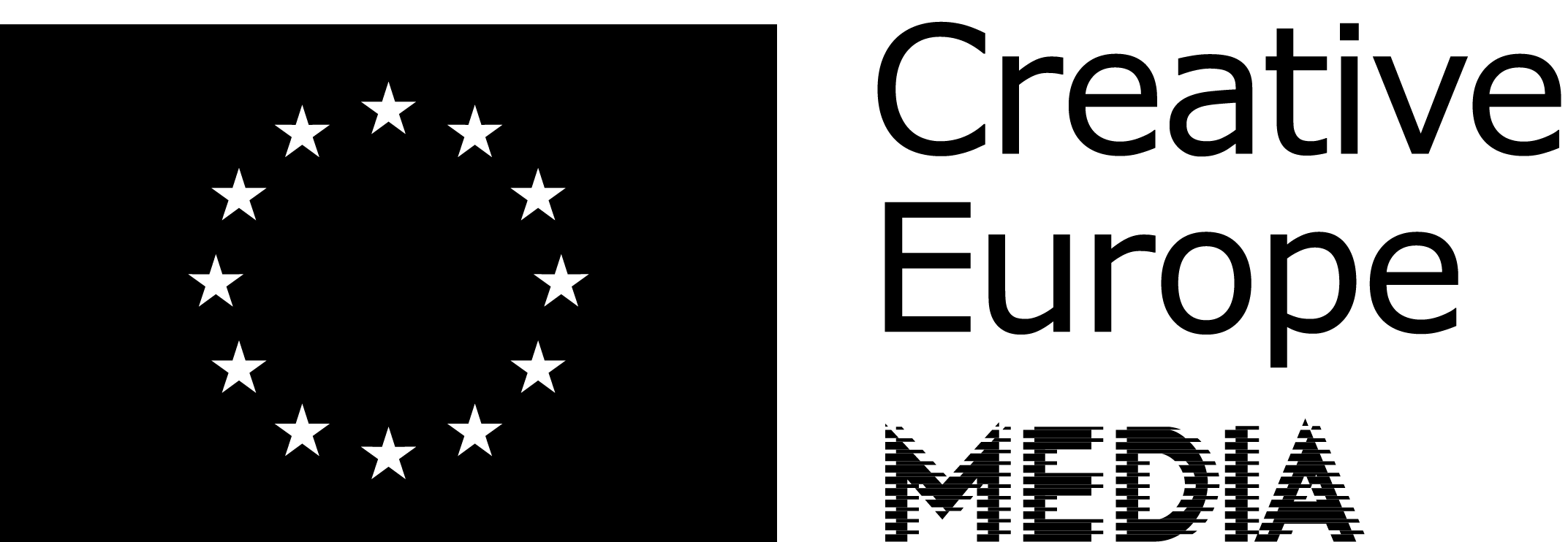
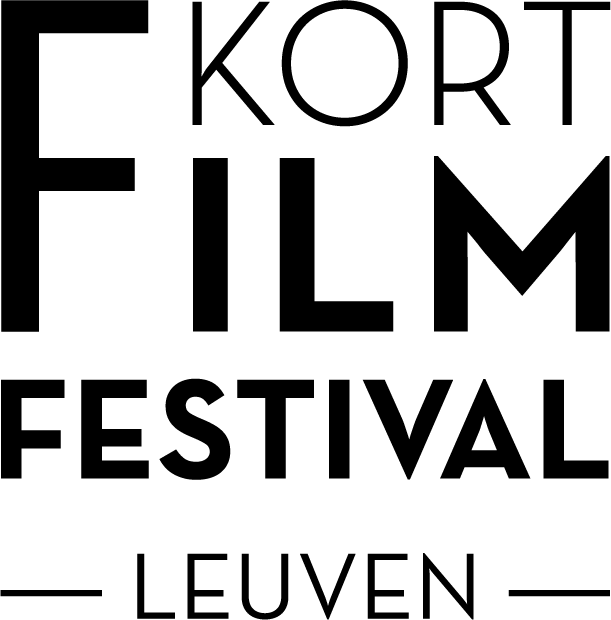
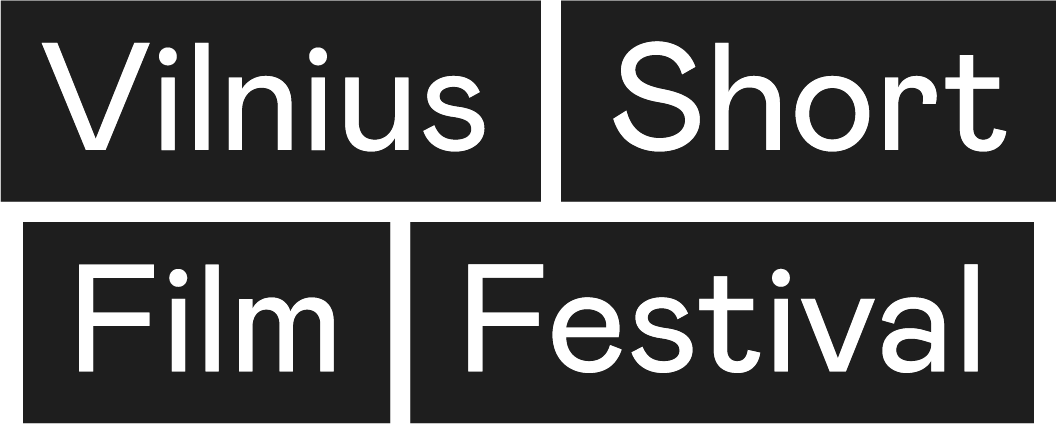
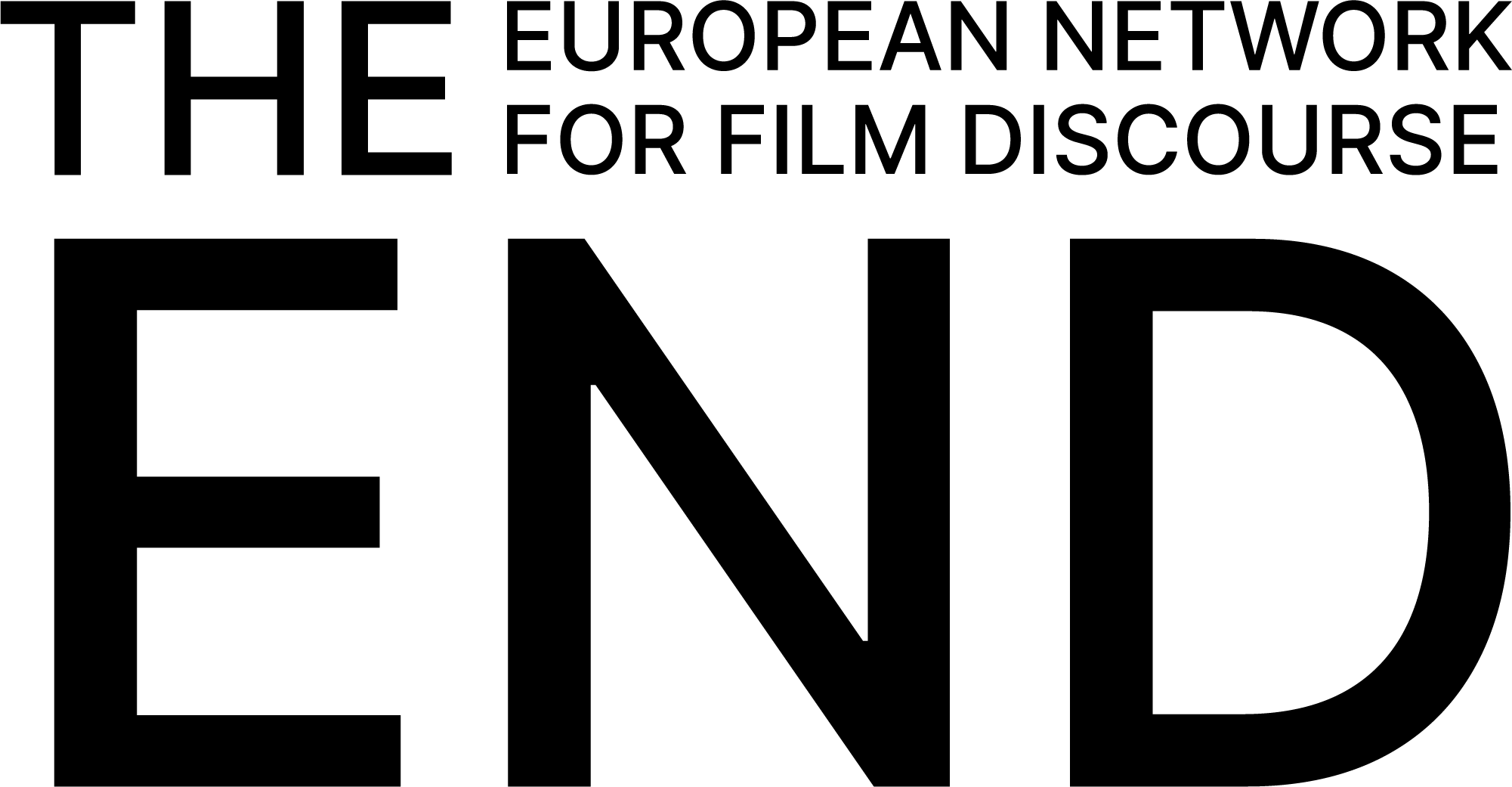
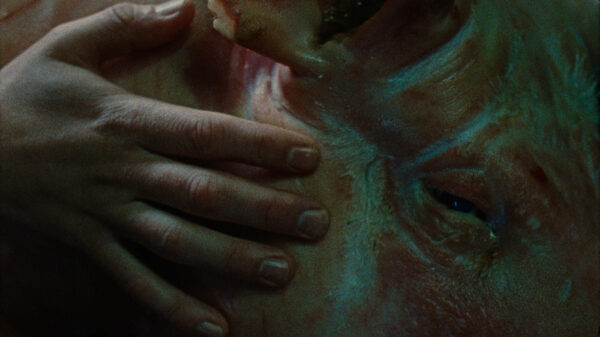
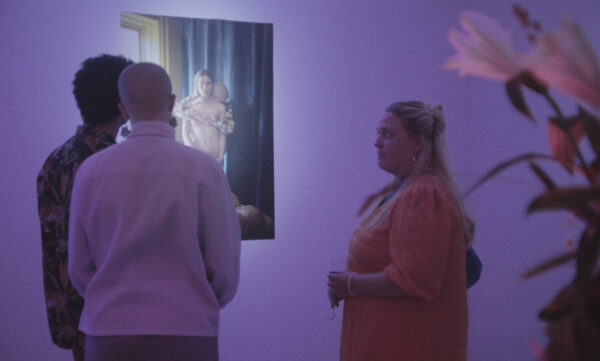
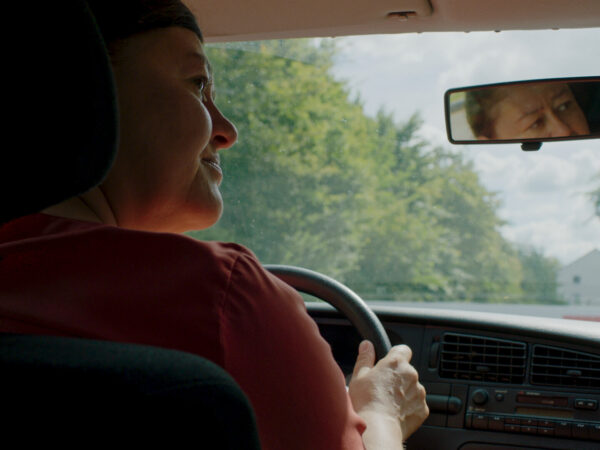

There are no comments yet, be the first!